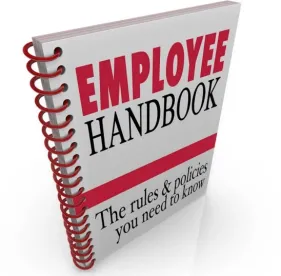The National Labor Relations Board (NLRB) often sets aside union election results where an employer has prevailed when the agency finds “objectionable conduct” occurred. This has been done in cases where, for example, an employer’s handbook contained an overbroad confidentiality policy; supervisors have made “promises” to employees with respect to how they may be treated if they vote to keep a union out; or when a company has given an otherwise lawful “captive audience speech” within 24 hours of a vote. But does the NLRB come down on unions when they cross the line and engage in objectionable conduct? It does not appear so.
In Equinox Holdings, Inc., 364 NLRB No. 103 (2016), an NLRB majority upheld a union win in an election during which the union’s chosen election “observer” (the designated representative of a party who sits with the NLRB agent conducting the secret ballot process and helps check in voters) had been terminated just days prior to the vote for brandishing a fake firearm (a replica, realistic-looking air gun capable of firing projectiles) in the workplace and exclaiming he had the gun “in case any f–kers want to get crazy.” Chairman Miscimarra dissented, noting that he believed the union’s use of that employee as an observer could be viewed as threatening or intimidating to voters as they checked in for the election, as many in the plant knew he had engaged in the flagrant misconduct just days before. In fact, the police were called in response and he was arrested in front of coworkers for the incident.
The company disagreed with the NLRB majority and accordingly filed an appeal with the U.S. Court of Appeals for the D.C. Circuit. On May 19, the NLRB filed a brief defending its position that the union vote was not tainted based on the union’s observer selection. The NLRB argued there was no definitive evidence the union’s observer actually intimidated employees during the voting process.
Seems like a stretch. The NLRB has set aside election results against employers for “unlawful handbook policies” even where there was evidence that the handbook policy at issue never was enforced. The fact that the NLRB is arguing to the D.C. Circuit that the union win should be upheld due to a lack of evidence voters actually were intimidated seems to be wholly inconsistent with its positions in other cases coming down on employers, or maybe worse – evidence of a double standard.
We’ll see what the D.C. Circuit has to say on the issue.



 />i
/>i
